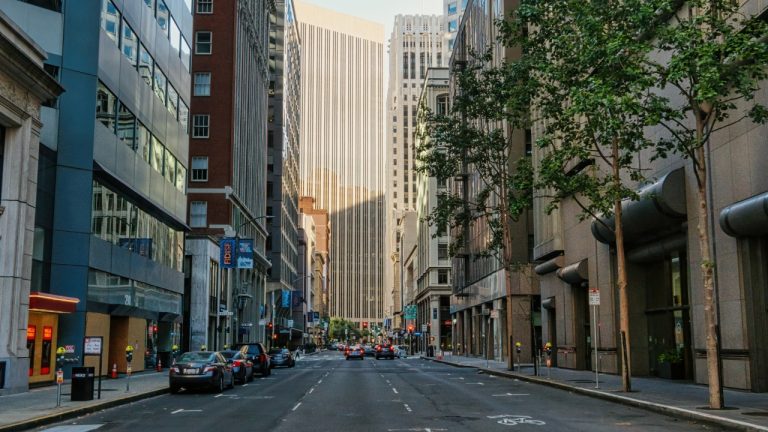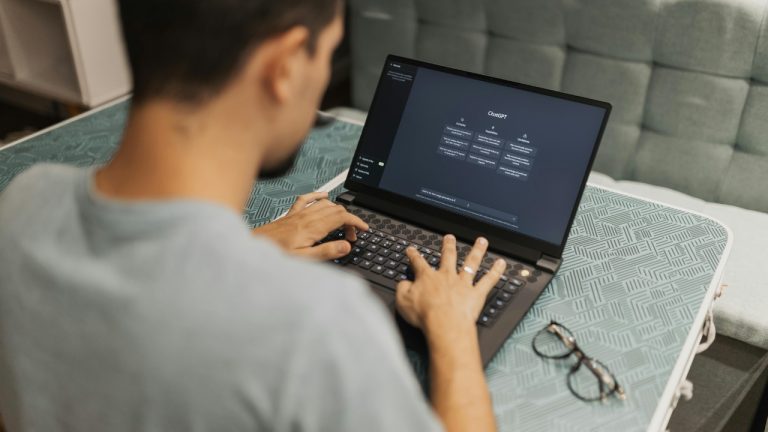Day Zero: The Decision
It started as a dare. My friend said, “Bet you can’t last a week without your phone
I laughed. “A week? Please.”
But the more I thought about it, the less funny it got. Because deep down, I knew I probably couldn’t. Not without checking the weather. Or scrolling before bed. Or opening ten apps just to avoid being alone with my thoughts.
So I decided to try. Seven days. No phone. No exceptions.
The first few hours felt like freedom. By evening, it felt like withdrawal.
Day One: The Ghost in My Pocket
By 10 a.m., I’d already “checked” my phone four times. Except it wasn’t even with me. My hand just… went there. Reflex. Like scratching an itch that isn’t real.
Every little sound of a doorbell, car horn, or someone’s ringtone made my brain think, “That’s a notification.” It’s insane how deeply wired that response is.
Without the usual noise, time slowed down. I couldn’t check the time, couldn’t “just Google it,” couldn’t text someone because I was bored.
It was just me and my head. And let me tell you, my head is a loud place.
Day Two: The Loneliness of Silence
You’d think quiet would be peaceful. It’s not. At least not at first.
I woke up and instinctively reached for my phone. Again. No messages. No memes. No endless scroll to soften the edges of morning. Just the sound of a ceiling fan and distant traffic.
By lunch, I realised how much of my day revolves around “checking things.” Messages, reels, news, literally anything. Without it, I felt disconnected from everyone.
I sat at a café, watching people scroll. Couples, coworkers, students all looking down, their faces lit by little blue screens. I wasn’t judging. I was jealous.
Then I noticed something strange. When I stopped looking down, the world looked back.
Day Three: The Boredom Wall
Boredom hit like a wave. You don’t realise how dependent you are on micro-distractions until they’re gone.
No playlists. No podcasts. No pointless browsing. Just… space.
I cleaned my room. Rearranged books. Water plants. Still had hours to kill. So I sat on the balcony and watched pigeons fight over crumbs. I ended up naming them. (There’s something deeply humbling about naming birds because you’re that bored.)
But as the day went on, something softened. I started noticing sounds of kids playing downstairs, the hum of a fridge, and my own breathing. It was boring, yes, but in the kind of way that made me present.
Day Four: Conversations Feel Different
That evening, I met a friend for dinner. Usually, one of us would scroll mid-conversation, pretending to listen. Not this time.
Without my phone, I didn’t have an escape route. No quick distraction when silence showed up. So we actually talked.
Not just about work or shows we talked about random memories, about family, about stupid fears. It felt weirdly raw. Like I’d forgotten how to stay in one conversation without checking if the rest of the world had something better to say.
It made me realise how much our phones save us from awkwardness and how much depth we lose because of it.
Day Five: The Real-World Problem
Here’s where it got messy. You can romanticise digital detox all you want, but real life doesn’t cooperate.
I couldn’t pay for groceries because the store only took UPI. Couldn’t book a cab. Couldn’t open my email because of two-factor authentication. Even ordering food meant borrowing someone’s phone.
It felt like being stranded in my own city. Everyone else was moving on Wi-Fi. I was stuck on mute.
But then, something unexpected happened. I walked more. I talked more. Asked strangers for help. And people weren’t as impatient as I’d imagined. Sometimes, being disconnected makes you reconnect in the oldest way possible by actually speaking.
Day Six: Remembering Without Screens
No photos. No notes app. No reminders. Just memory.
I started writing things down again on paper. Songs I liked, recipes I wanted to try, things I needed to buy. It felt tangible, slower, almost personal.
Without the urge to capture everything, I began to see things. Sunlight on a wall. A kid blowing bubbles. The smell of rain before it starts. Those moments stayed with me because I wasn’t busy turning them into posts.
It’s strange how life feels bigger when you stop trying to record it.
Day Seven: The Return
When I finally turned my phone back on, the flood came
Messages, emails, missed calls, random alerts. My lock screen looked like a panic attack.
I started scrolling. Out of habit. But after ten minutes, I stopped. It didn’t feel like coming home, it felt like standing under a waterfall of noise I no longer needed.
I didn’t miss everything I’d ignored. Some chats felt hollow, some updates irrelevant. The world had gone on without me, and that was oddly comforting.
What I Learned (Without Trying To Be Deep About It)
That week didn’t make me a better person. It didn’t turn me into someone who reads poetry at sunrise or grows herbs on the windowsill. But it did something smaller, quieter.
It reminded me what focus feels like. What real pauses sound like. That the world isn’t ending when you don’t reply instantly.
I still use my phone, obviously. But now, I reach for it less. I leave it in another room sometimes. I go on walks without it. And when I scroll, I try to notice when I’m doing it just to fill space.Because honestly, I don’t want my first instinct every morning to be a screen.
I want it to be… life.




